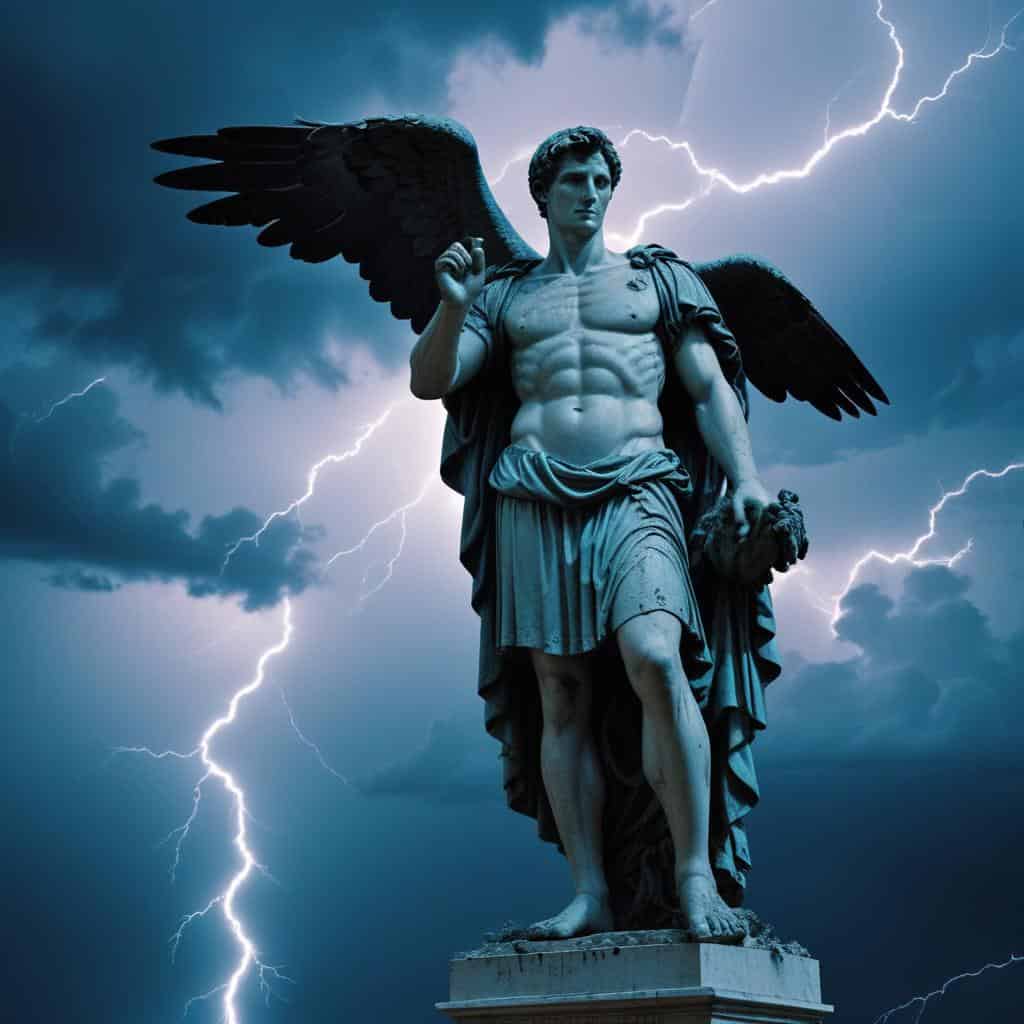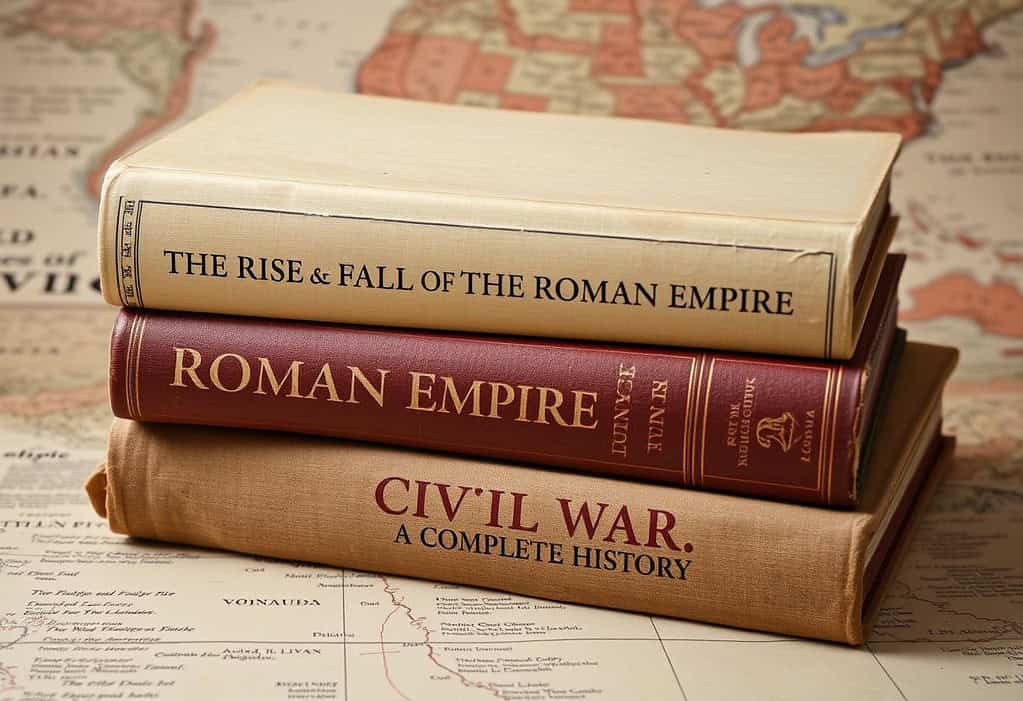Emperor Augustus, also known as Gaius Octavius, was the first Roman Emperor and ruled from 27 BC until his death in 14 AD. During his reign, Augustus implemented numerous reforms and achievements that shaped the Roman Empire for centuries to come. In this listicle, we will explore the top 7 achievements of Emperor Augustus that solidified his legacy as one of the most influential leaders in Roman history.
Augustus’ reign marked the end of the Roman Republic and the beginning of the Roman Empire, a transition that he achieved through a combination of military prowess and political cunning. His victory at the Battle of Actium in 31 BC solidified his power and allowed him to establish a new era of peace and stability in Rome.
1. Establishment of the Roman Empire
Emperor Augustus, known initially as Octavian, is credited with transforming the Roman Republic into the Roman Empire. After defeating his rivals in the civil wars that followed Julius Caesar’s assassination, Augustus became the first emperor of Rome in 27 BC. He centralized power, reformed the government, and established the Pax Romana, a period of relative peace and prosperity that lasted for over 200 years.
2. Administrative Reforms
Augustus introduced many administrative reforms that helped stabilize the Roman Empire. He reorganized the Roman provinces, established a standing army, and created a taxation system. Augustus also improved infrastructure by building roads, bridges, and aqueducts to facilitate trade and communication throughout the empire.
3. Cultural Patronage
One of Augustus’s greatest achievements was his patronage of the arts and literature. He supported poets like Virgil, Horace, and Ovid, who celebrated his reign in their works. Augustus also sponsored the construction of many public buildings, including the Forum of Augustus and the Ara Pacis, a monument dedicated to peace and prosperity.
4. Military Victories
Throughout his reign, Augustus expanded the borders of the Roman Empire through a series of military campaigns. He conquered Egypt, Hispania, and Gaul, among other territories, and secured the empire’s frontiers with defensive fortifications. Augustus’s military victories helped establish Rome as the dominant power in the Mediterranean world.
5. Religious Reforms
Augustus was also known for his religious reforms, which aimed to restore traditional Roman values and morality. He revived old religious ceremonies, promoted the worship of Roman gods, and built temples to honor the deities. Augustus believed piety and religious devotion were essential for the stability and prosperity of the empire.
6. Urban Development
Under Augustus’s rule, Rome experienced a period of urban renewal and expansion. He beautified the city with new buildings, monuments, and public spaces, including the Temple of Apollo and the Theater of Marcellus. Augustus also implemented laws to improve Rome’s public health, sanitation, and housing.
7. Legacy and Influence
Emperor Augustus’s reign marked the beginning of the Roman Empire’s golden age, known as the Augustan Age. His achievements in politics, administration, culture, and military conquest laid the foundation for the empire’s success and longevity. Augustus’s legacy as Rome’s first emperor continues to influence Western civilization today.
In conclusion, Emperor Augustus was a visionary leader who transformed Rome into a mighty empire. His military conquests, political reforms, and cultural advancements laid the foundation for centuries of Roman prosperity. Augustus will always be remembered as one of the greatest rulers in history.



